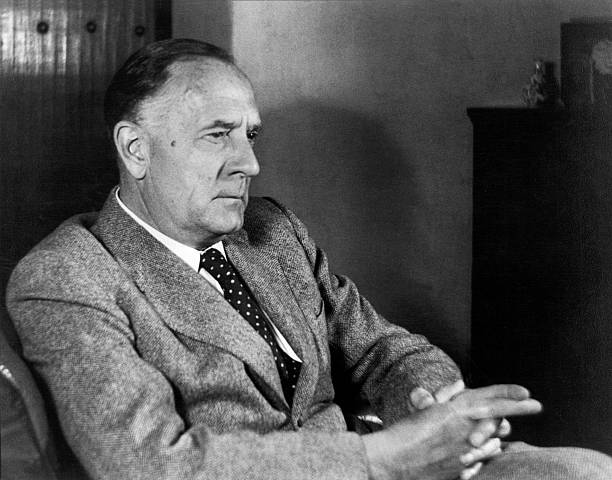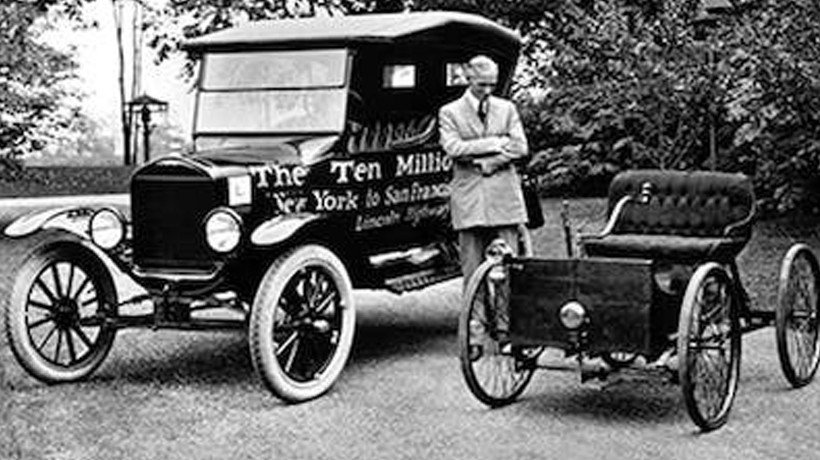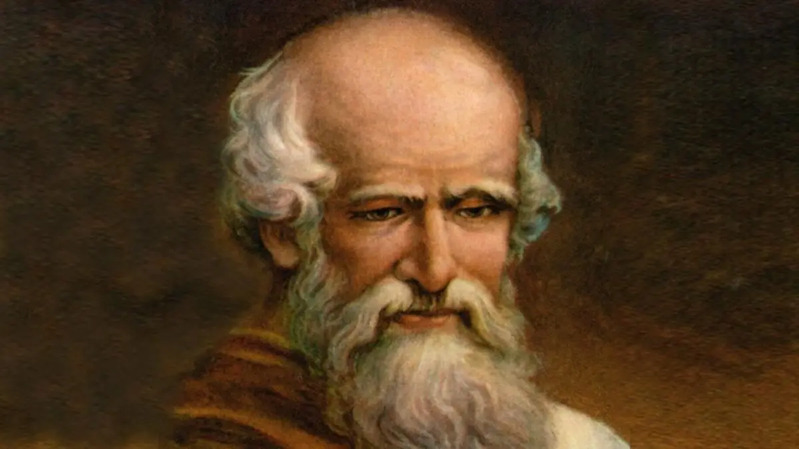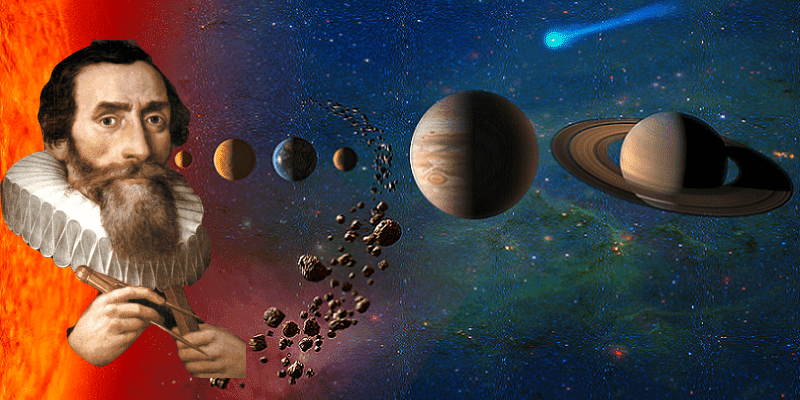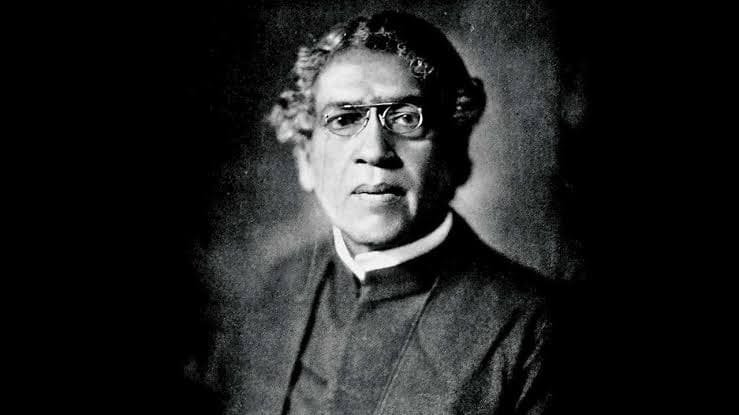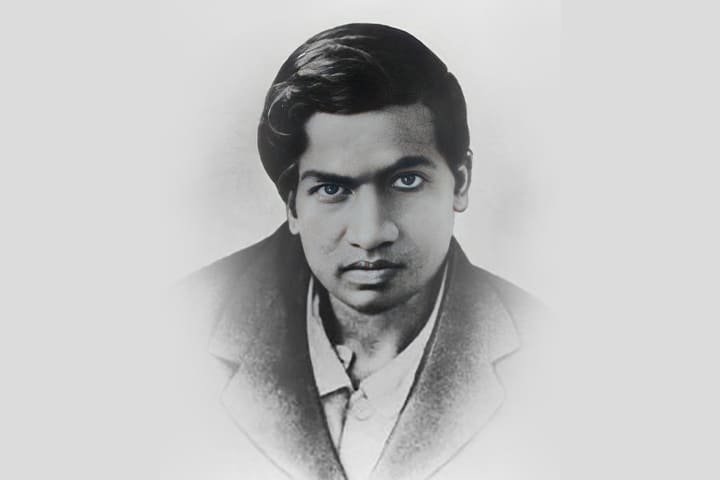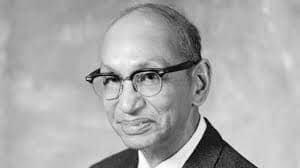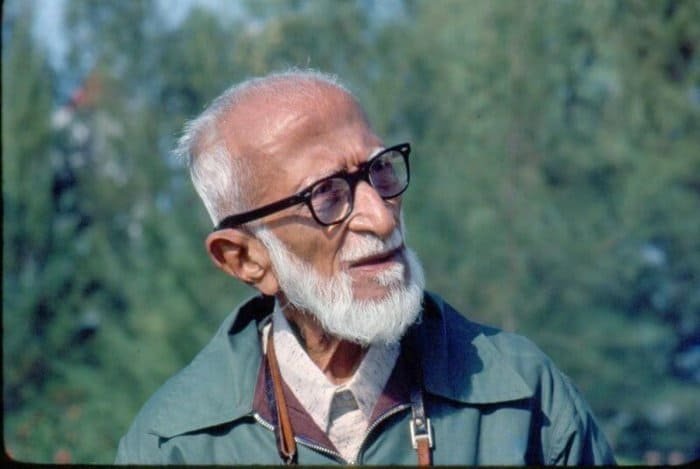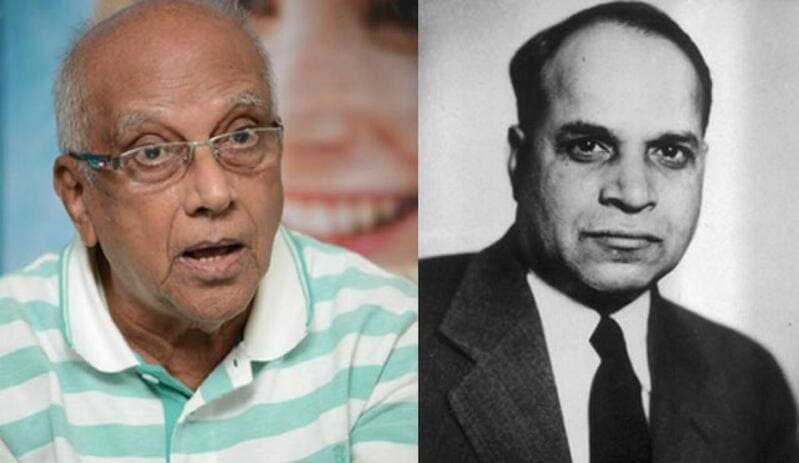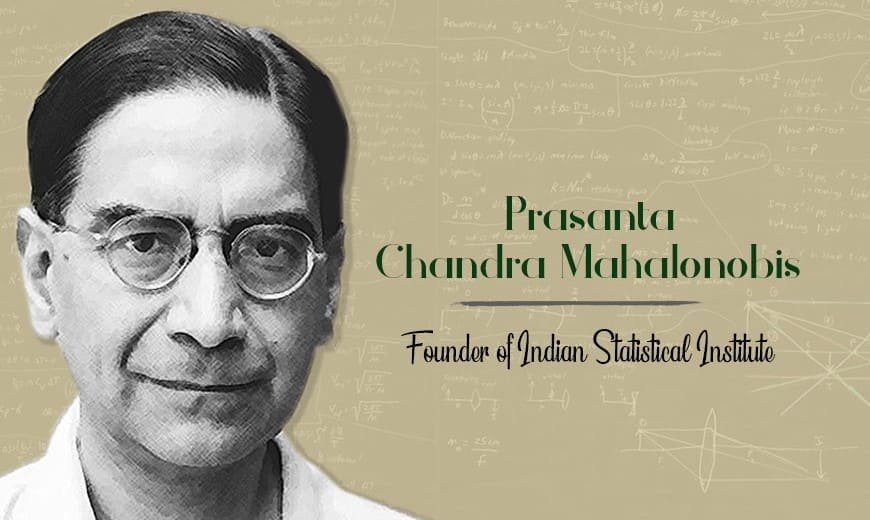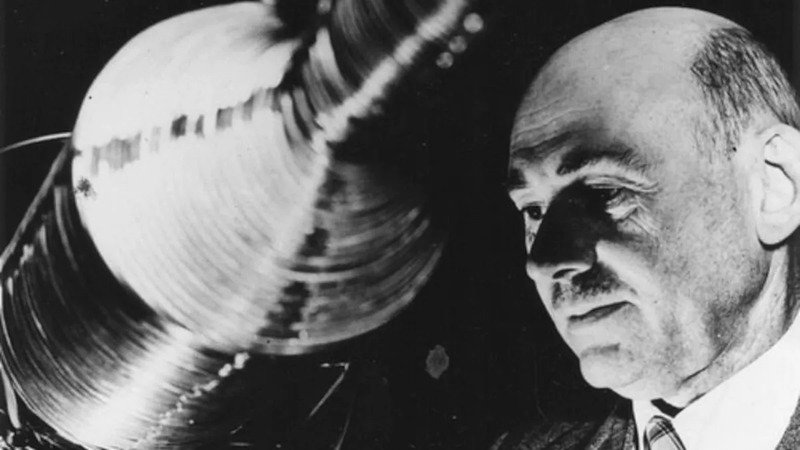
Robert Goddard: The Father of Modern Rocket Propulsion - A Comprehensive Biography.
Biography of Robert Goddard:
Robert Goddard was an American physicist and inventor who is widely regarded as the father of modern rocket propulsion. Born on October 5, 1882, in Worcester, Massachusetts, Goddard was fascinated by space travel from an early age. He went on to study at Worcester Polytechnic Institute and later at Clark University, where he earned a PhD in physics.
Goddard's groundbreaking work in rocket technology began in the early 1900s, when he started experimenting with liquid-fueled rockets. In 1926, he successfully launched the world's first liquid-fueled rocket, which marked a major milestone in the history of rocket technology. He continued to innovate and improve upon his designs over the years, eventually developing a rocket that could reach an altitude of 7.5 miles.
Throughout his career, Goddard faced criticism and skepticism from some in the scientific community who believed that his ideas were far-fetched. Despite this, he continued to work tirelessly on his research and eventually received numerous patents for his inventions.
Goddard's contributions to rocket technology were instrumental in the development of space travel and the exploration of space. He died on August 10, 1945, at the age of 62, but his legacy lives on in the field of rocket science and in the countless technological advancements that have been made in the years since his death.
- Dr. Mokshagundam Visvesvaraya: Early Life, Career, Achievements, Contributions, and Legacy
- James Dewar: A Pioneer in Low-Temperature Physics and Chemistry
- Exploring the Life and Innovations of Lee De Forest: The Father of Radio
Note: This blog or artical is written on the basis of online research, news paper and AI tools. So, if there is any issue, please mail your feedback.
- Share:
